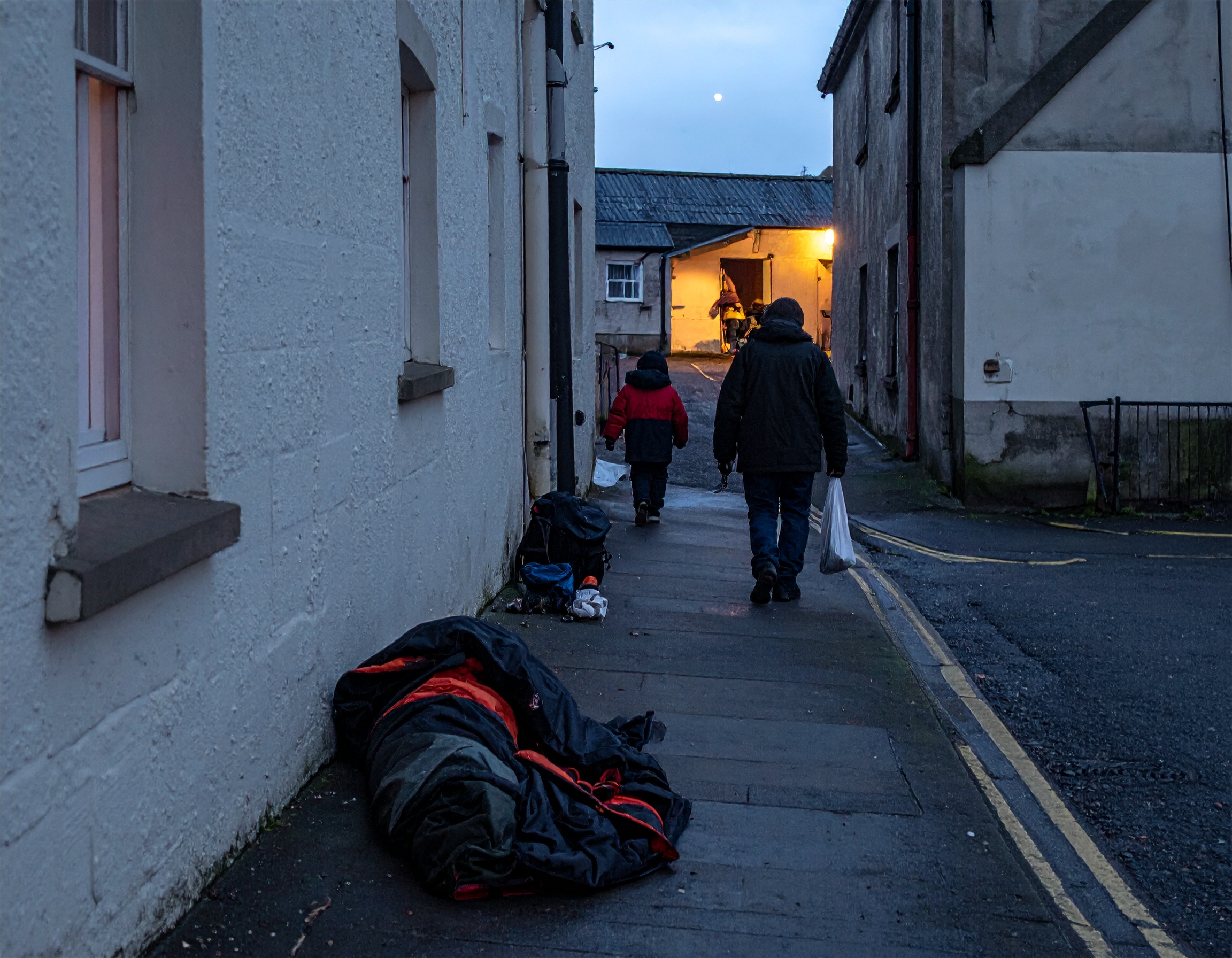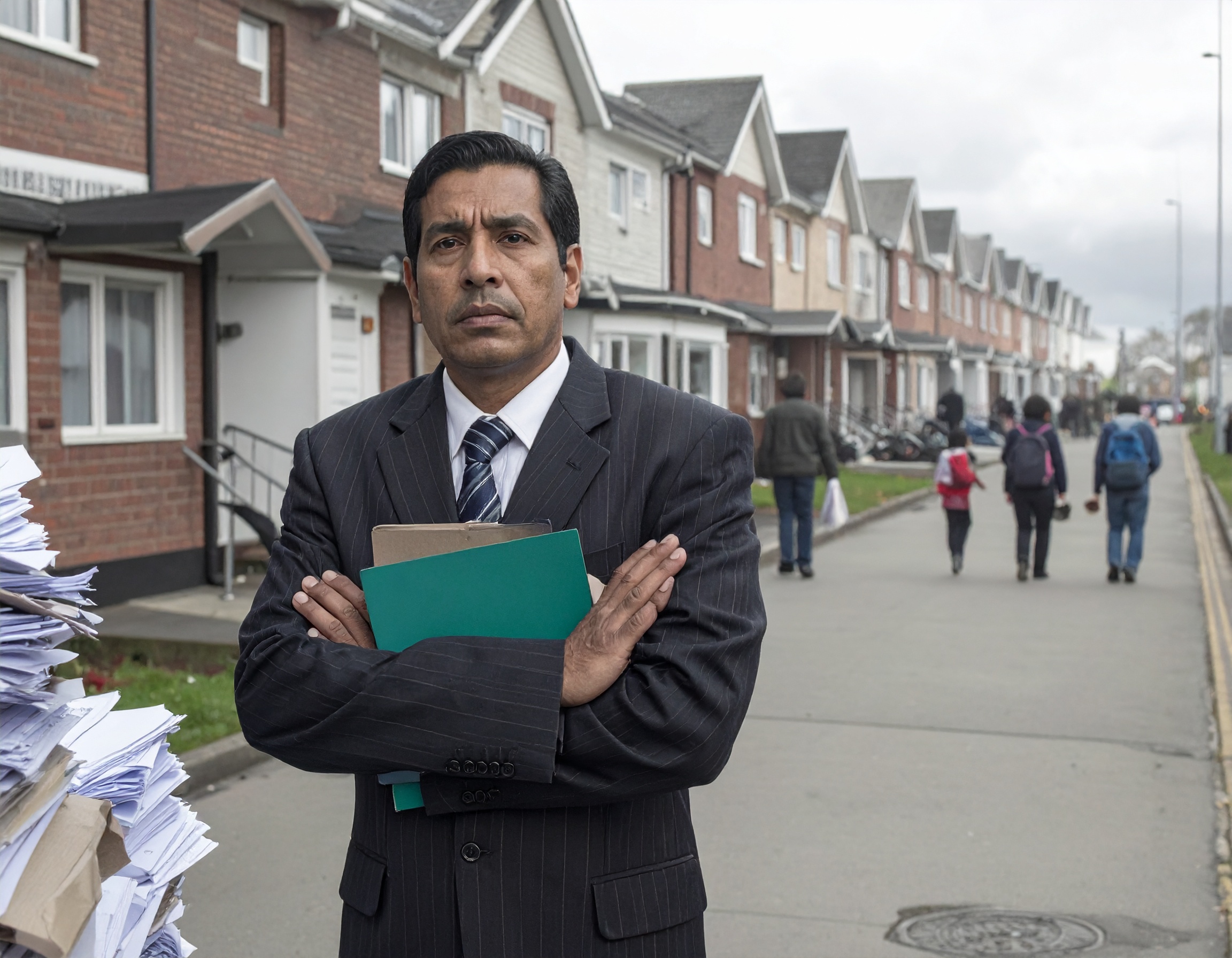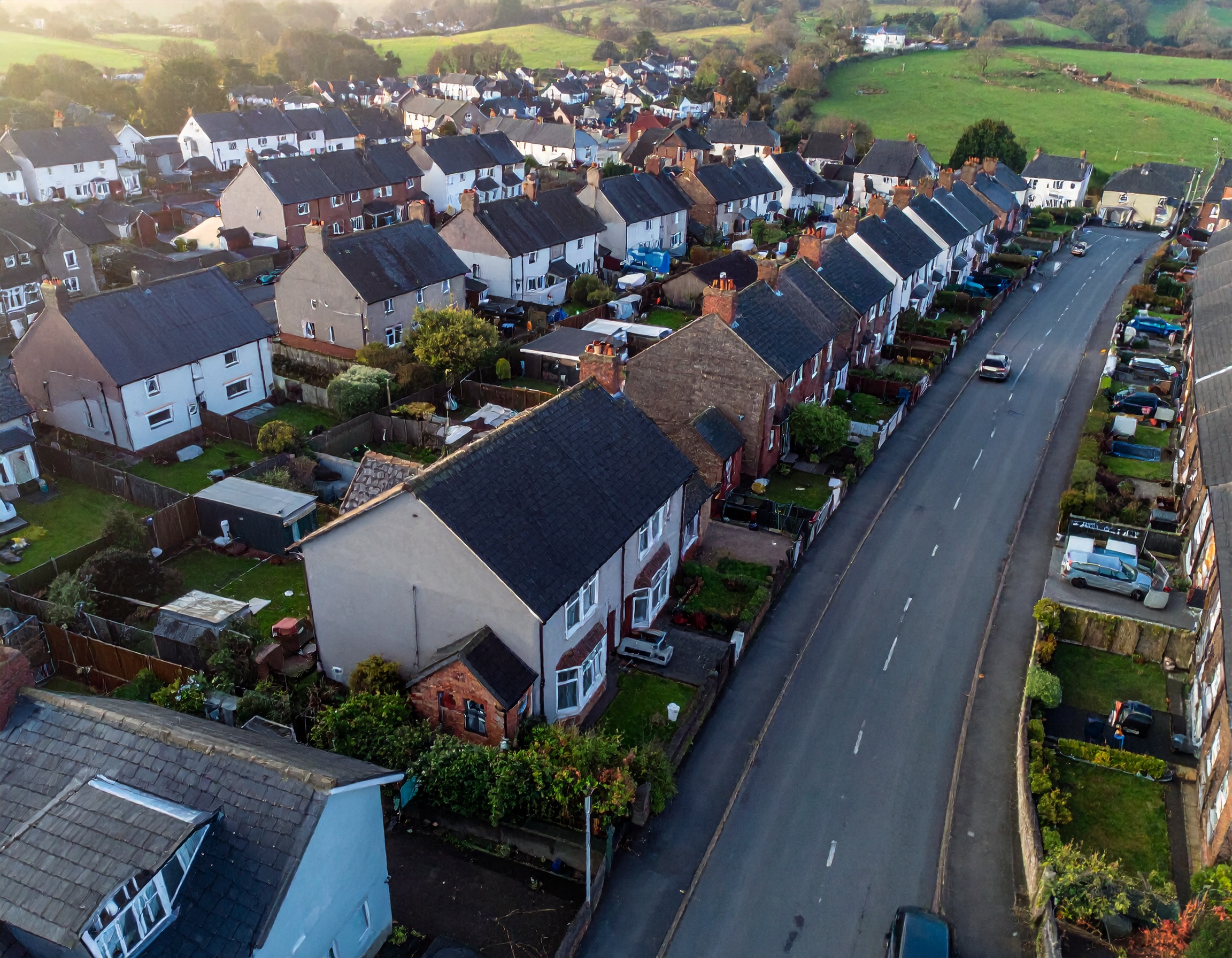Rough Sleeping in Scotland Hits Record High – Urgent Action Needed to End Homelessness

New figures reveal that rough sleeping in Scotland has surged to its highest levels since records began, rising by almost 30% in the past year. Meanwhile, nearly 5,000 households with children or pregnant women are trapped in temporary accommodation, highlighting the growing housing crisis facing families across the country.
At Crisis Scotland, campaigners warn that the system is at breaking point. Maeve McGoldrick of Crisis stresses that behind every statistic is a real person facing the indignity, danger, and stress of homelessness. “People sleeping rough are exposed not only to the cold and rain but also to threats, abuse, and extreme vulnerability,” she said. “Women in particular are forced to keep moving at night to stay safe, risking exhaustion and ill health.”
The crisis extends beyond the streets. Over 17,000 households are living in emergency accommodation, a 6% increase on last year. Families are staying longer than ever, with the average duration now 238 days. For children, the impact is devastating – missing school, lacking privacy, and living in conditions that are often unsafe or overcrowded. Many families must rely on kettles to prepare food due to lack of proper kitchen facilities, while others are forced to heat meals on radiators.
John Smith, spokesperson for Crisis Scotland, emphasizes the human cost: “This is not just a numbers game. Families and children are living in conditions that are wholly inadequate for human dignity. From Mold and damp to cramped rooms, the effects on health, wellbeing, and childhood development are profound.”
Experts agree the solution is clear. Homelessness is largely the result of political decisions over decades, and decisive action can reverse the trend. First, Scotland must build more homes, particularly social housing, to ensure everyone has access to a safe, stable place to live. Second, public services must focus on early intervention, supporting people before they reach crisis point.
The upcoming Housing Bill, set for its final vote next week, promises stronger legal protections against eviction and homelessness. However, campaigners stress that these measures will only succeed with sufficient funding to support their implementation. Investing in homelessness prevention can reduce long-term costs for councils and public services, including the NHS and justice system, while improving lives across the country.
Councils currently spend over £100 million annually on B&Bs and hostels for homeless families. While short-term support is essential, it is a costly stopgap. Long-term solutions require cross-party cooperation, political ambition, and sustained investment in social housing and homelessness services.
Maeve McGoldrick concludes: “Ending homelessness in Scotland is entirely achievable if we act now. With the right policies, funding, and political will, we can ensure every person has a safe, secure home, and that the record-high figures we are seeing today become a thing of the past.”

